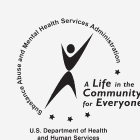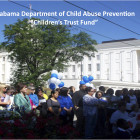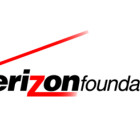
Senate Committee Approves Funding to OJJDP, With Cuts
|
The Senate Appropriations Committee approved a spending bill this afternoon that would fund the Office of Juvenile Justice and Delinquency Prevention Programs at $251 million, approximately $24 million below the diminished budget that the agency faced this fiscal year after a last-minute spending deal.
The committee broke up the $251 million in spending this way:
-$60 million for the missing and exploited children programs.
-$55 million for mentoring grants.
-$45 million for state formula grants, given to states on the condition that they adhere to basic standards in regard to the detainment of juveniles, and address racial disparities in the system.
-$30 million for Juvenile Accountability Block Grants (JABG), which go to state juvenile justice planning agencies based on the size of a state’s youth population.
-$20 million for the Victims of Child Abuse Programs.
-$15 million for tribal youth
-$10 million for alcohol-abuse prevention
-$8 million for gang and youth violence prevention
-$8 million for the Community-Based Violence Prevention Initiative, a project conceived by the Obama administration in 2009.
Those specific lines may be important if and when there is a conference involving the Senate and House funding legislation, because the House Appropriations Committee approved a funding bill in August that would spend just over $200 million on Office of Juvenile Justice and Delinquency Prevention programs, but eliminates most federal funding for actual juvenile justice activities.The bill is expected to receive a vote from the full House soon.
The House committee cut juvenile justice demonstration grants, Juvenile Accountability Block Grants (JABG) and Title V Local Delinquency Prevention Grants out of its 2012 bill. House appropriators also reduced state formula grants from $75 million in 2010 to $40 million for 2012. But its bill included $10 million more than the Senate for missing and exploited children programs ($70 million) and $28 million more for mentoring ($83 million).








